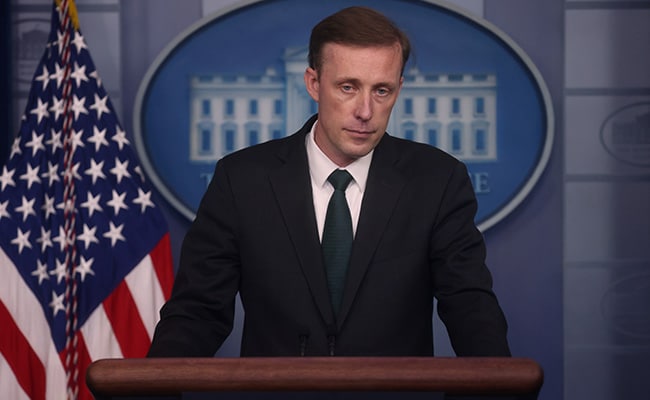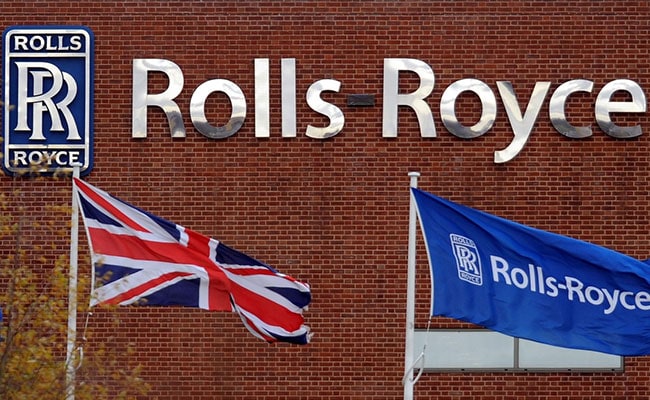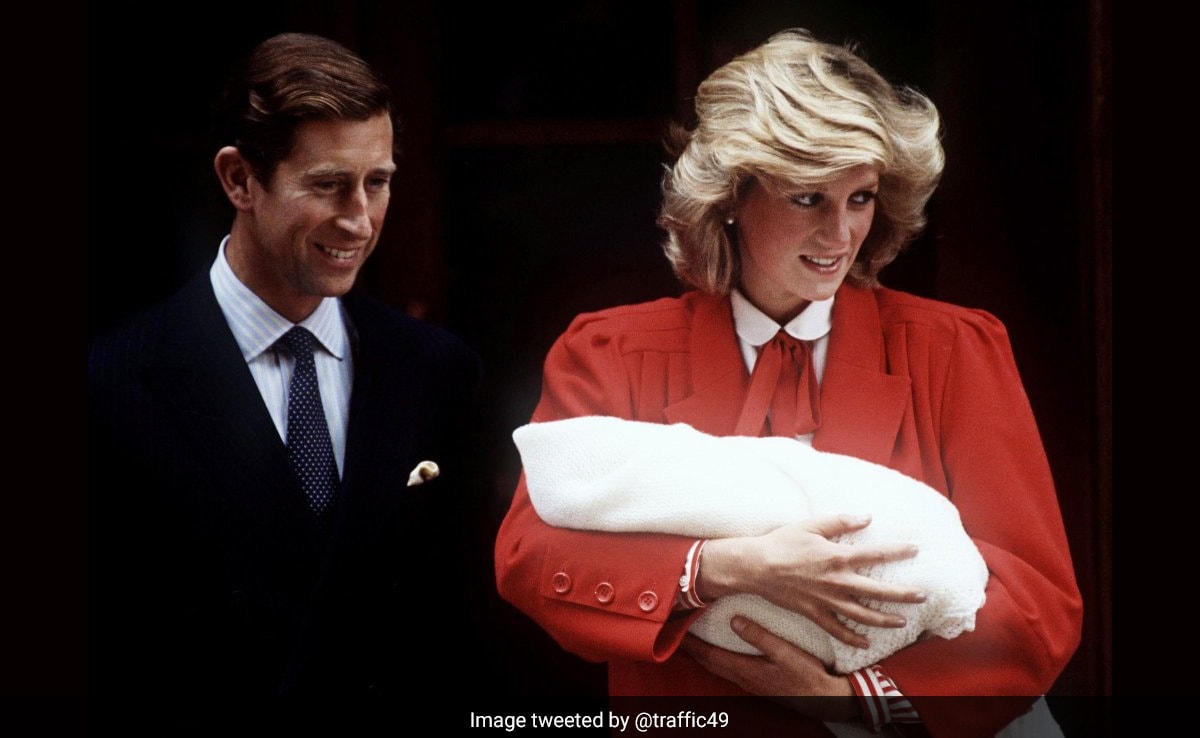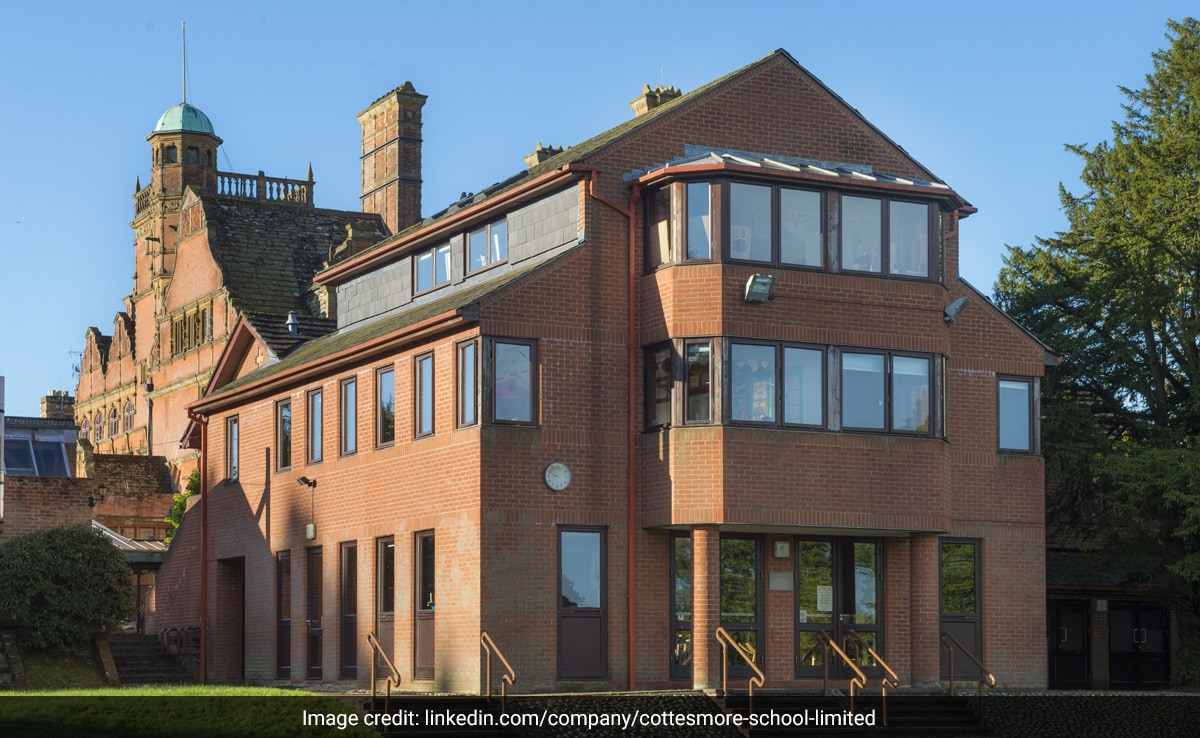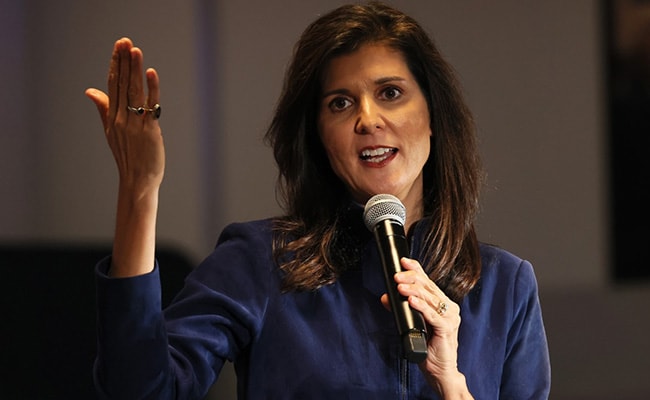Chinese President Xi Jinping shakes hands with Serbian President Aleksandar Vucic at the Palace of Serbia as part of the Chinese President’s two-day state visit in Belgrade, Serbia, May 8, 2024.
| Photo Credit: Reuters
Chinese President Xi Jinping is set to meet Serbian officials on May 8 and he hopes his visit will further boost already friendly relations with the Balkan country, which is seeking entry to the European Union.
Mr. Xi arrived in Serbia to a warm welcome on My 7 from France, where he had a high-stakes state visit dominated by trade disputes and Russia-Ukraine war.

He will proceed to Hungary later on May 8, which, like Serbia, is seen as one of China’s more friendly partners in Europe.
Pro-China sentiments in Serbia
Serbian President Aleksandar Vucic and other top officials welcomed Mr. Xi at the airport on May 7 after his plane was escorted by military jets. Mt. Vucic said Mr. Xi’s visit was a “great honour” and China is an “inspiration” for Serbia.
Signs of pro-China sentiments were clearly visible — a huge Chinese flag was placed on a skyscraper along a roadway leading into the city from the airport. Smaller Chinese and Serbian flags could be seen downtown and along a highway.
China has poured billions of dollars into Serbia in investment and loans, particularly in mining and infrastructure. The two countries signed an agreement on a strategic partnership in 2016 and a free trade agreement last year.
Serbia, a landlocked nation in the heart of the Balkans, has been a key country in China’s Belt and Road initiative designed to increase Beijing’s influence in Europe through economic investment. Critics say it could serve as a Chinese Trojan horse and gateway to Europe.
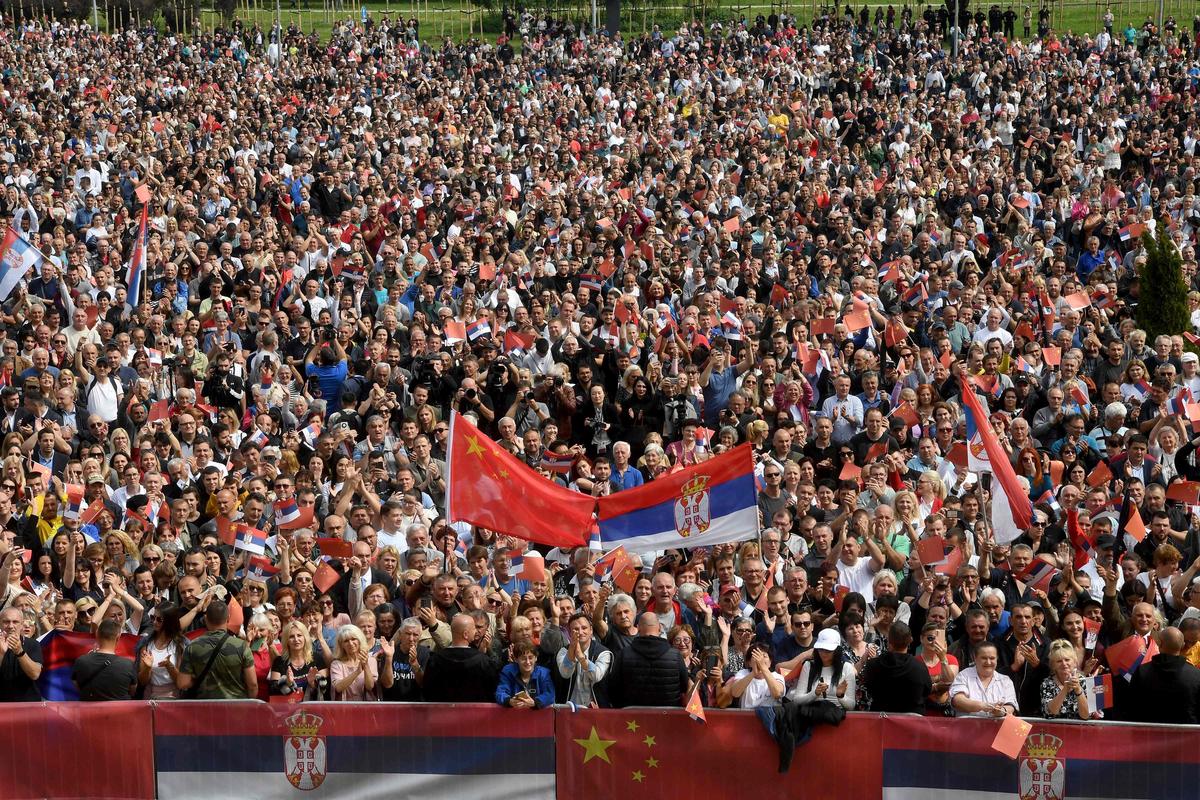
People wave Chinese and Serbian flags outside the Palace of Serbia during a welcome ceremony for Chinese President Xi Jinping in Belgrade.
| Photo Credit:
AFP
Mr. Xi also arrived in Serbia on a symbolic date: the 25th anniversary of the bombing of the Chinese Embassy in Belgrade by U.S. jets during NATO’s air war over Kosovo, when three Chinese citizens were killed. The incident has helped forge close political ties between China and Serbia.
‘Ironclad’ Serbia-China friendship
“Our bilateral relationship has stood the test of changing international environment and become a fine example of state-to-state relations,” Mr. Xi said in an arrival statement published by China’s Foreign Ministry. He described the Serbia-China friendship as “ironclad.”
“Standing at a new historical starting point, China will work with Serbia to jointly stay committed to the original aspiration and forge ahead together to open up a new vista in China-Serbia cooperation with stronger momentum, greater scope, and higher quality,” he said, adding, “I am confident that this visit will be a fruitful one and will open up a new chapter in China-Serbia relations.”
Chinese companies are running Serbia’s biggest copper mine and a steel mill, and are also building scores of roads and highways across the country, along with a railway toward northern neighbor Hungary.
In 2014, Hungary and Serbia concluded an agreement with Beijing to modernize the railway between their capitals of Budapest and Belgrade, part of a Belt and Road plan to link up with the Chinese-controlled port of Piraeus in Greece to the south, an entry point for Chinese goods to Central and Eastern Europe.
The more than $2 billion project is expected to be completed in 2026, after numerous delays.
In 2022, shortly after the Russian invasion of Ukraine, Serbia took semi-secret delivery of a sophisticated Chinese anti-aircraft system flown in on Chinese Air Force Y-20 transport planes.
The arms delivery over the territory of at least two NATO member states, Turkey and Bulgaria, was seen by experts as a demonstration of China’s growing global reach.





